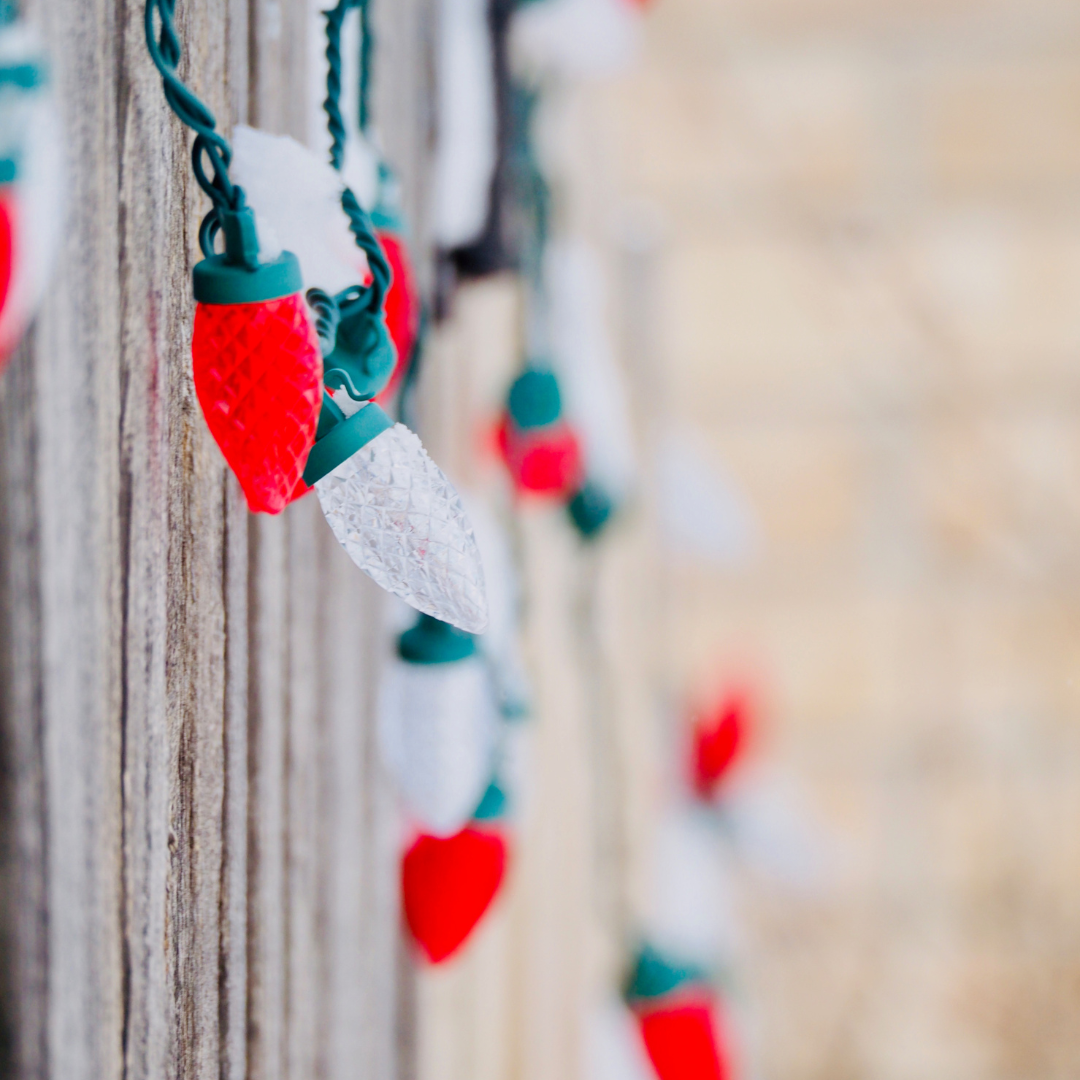Serving Douglassville, King of Prussia & beyond since 1953
Serving Douglassville, King of Prussia & beyond since 1953
Residential
Service & Install
About

Prepping Your Garden for Spring
Taking time in spring to prep your garden will boost its fertility and growth to give you a more productive gardening season.
A few weeks before you plan to plant (which would ideally be right about now in southeastern Pennsylvania), work in any cover crops and then blanket your garden bed with at least a half-inch layer of good compost.
Compost provides the soil with a fresh infusion of nutrients, and improves the soil’s ability to handle water and nourish crops. If you aren’t already making your own compost, it’s simple and easy to do – here are some simple instructions.
Second, cultivate your soil. Heavy rains can cause soil to become compacted over time, so loosening it before planting should be a priority. If you plan to plant in a young bed where you need to remove rocks or roots, use a shovel or digging fork to turn the soil when it’s dry and crumbly.
In established gardens, it’s much easier to break up the soil. This will prime your garden soil for planting by helping it dry out and warm up, and permit roots to penetrate the soil more easily.
Finally, apply an organic fertilizer to the degree that matches the needs of the crops you plan to plant. Vegetables with shallow roots, like lettuce, only need a small amount of fertilizer.
Widely spaced plants, such as cabbage, broccoli, tomatoes and peppers, need a mixture of fertilizer and compost to each planting hole that you dig.
For very heavy feeders, such as sweet corn, make deep trenches in the beds, and place the fertilizer in the trenches so it will be directly below the germinating seeds. Instead of buying commercial fertilizers, try using a simple organic fertilizer such as grass clippings.
The last, and possibly the most important step to a productive garden, is keeping it safe from rabbits, deer, and other critters that like to munch on vegetables. We can help you plan a sturdy and secure garden fence to protect your veggies from wildlife. Give us a call and we can help you with affordable garden fencing options!
A few weeks before you plan to plant (which would ideally be right about now in southeastern Pennsylvania), work in any cover crops and then blanket your garden bed with at least a half-inch layer of good compost.
Compost provides the soil with a fresh infusion of nutrients, and improves the soil’s ability to handle water and nourish crops. If you aren’t already making your own compost, it’s simple and easy to do – here are some simple instructions.
Second, cultivate your soil. Heavy rains can cause soil to become compacted over time, so loosening it before planting should be a priority. If you plan to plant in a young bed where you need to remove rocks or roots, use a shovel or digging fork to turn the soil when it’s dry and crumbly.
In established gardens, it’s much easier to break up the soil. This will prime your garden soil for planting by helping it dry out and warm up, and permit roots to penetrate the soil more easily.
Finally, apply an organic fertilizer to the degree that matches the needs of the crops you plan to plant. Vegetables with shallow roots, like lettuce, only need a small amount of fertilizer.
Widely spaced plants, such as cabbage, broccoli, tomatoes and peppers, need a mixture of fertilizer and compost to each planting hole that you dig.
For very heavy feeders, such as sweet corn, make deep trenches in the beds, and place the fertilizer in the trenches so it will be directly below the germinating seeds. Instead of buying commercial fertilizers, try using a simple organic fertilizer such as grass clippings.
The last, and possibly the most important step to a productive garden, is keeping it safe from rabbits, deer, and other critters that like to munch on vegetables. We can help you plan a sturdy and secure garden fence to protect your veggies from wildlife. Give us a call and we can help you with affordable garden fencing options!
Also in News

New Year, New Projects!
Contact us today to take the first step in reaching your New Year's goals for your home at https://all-typefence.com/pages/request-a-quote!

Holiday Fence Inspo
"It’s a beaut, Clark!" Now we all know Clark Griswold had his vision of what he wanted his house to look like for the holidays, so what about your fence?
Subscribe
Sign up to get the latest on sales, new releases and more …















